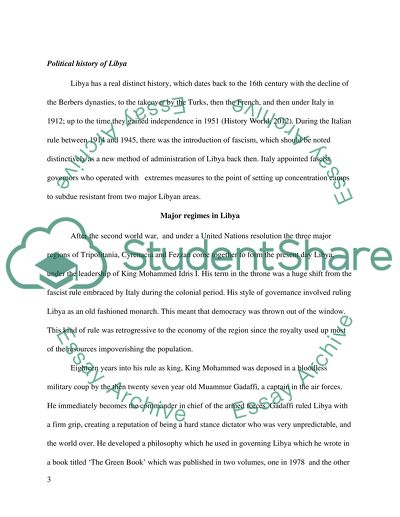Cite this document
(“REGIME CHANGE Essay Example | Topics and Well Written Essays - 1500 words”, n.d.)
Retrieved from https://studentshare.org/history/1465718-regime-change
Retrieved from https://studentshare.org/history/1465718-regime-change
(REGIME CHANGE Essay Example | Topics and Well Written Essays - 1500 Words)
https://studentshare.org/history/1465718-regime-change.
https://studentshare.org/history/1465718-regime-change.
“REGIME CHANGE Essay Example | Topics and Well Written Essays - 1500 Words”, n.d. https://studentshare.org/history/1465718-regime-change.


